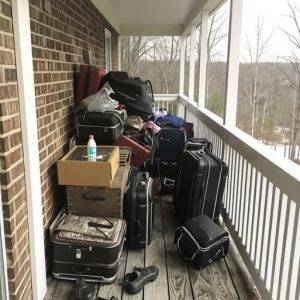I told my son I’d be gone for a day—just one. He needed to watch his four-year-old sister. But when my flight was canceled and I came home early, the house was quiet. No kids. No note.
I tracked him to the skate park, laughing with friends.
“Where’s your sister?” I asked, heart pounding.
“With Kelsie,” he said—his teenage girlfriend.
She was safe, but it rattled me. We talked that night, my voice sharp, his soft.
“I needed a break,” he whispered. “Since Mom died, I’m not just her brother. I’m her second parent.”
He was right. I’d leaned on him too hard.
We made a plan: I’d cut back work, get after-school help, give him his life back.
Things slowly healed. Then one day, he vanished again. I found him delivering groceries to a struggling family. “She needed help,” he said.
We talked again—about service, safety, and trust.
Later, I found him at a shelter, helping a mother with a newborn. “I thought I could fix it,” he said.
“You can’t fix everything,” I told him. “But caring still counts.”
He wrote his college essay about that year—and got a scholarship.
He made a mistake. But how we respond? That’s what defines a family.





